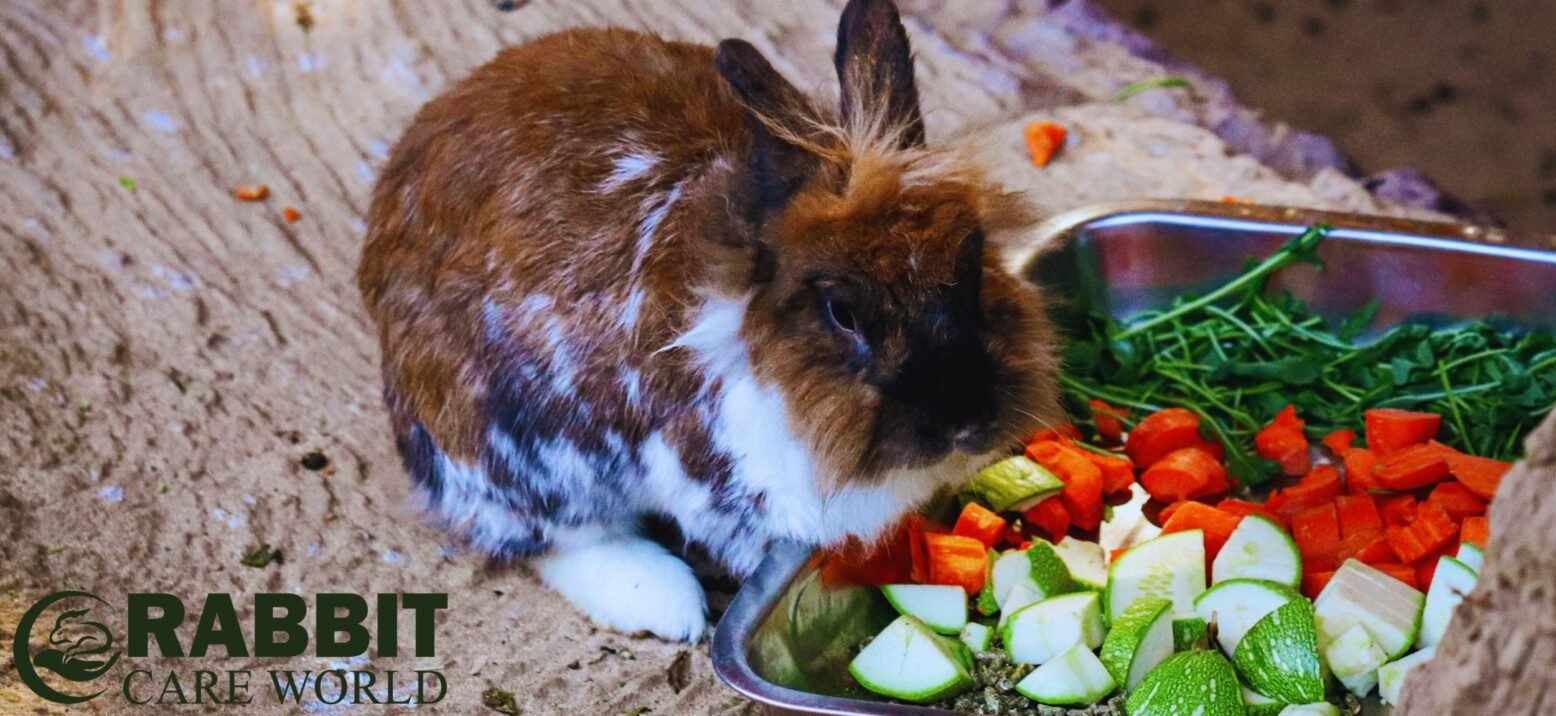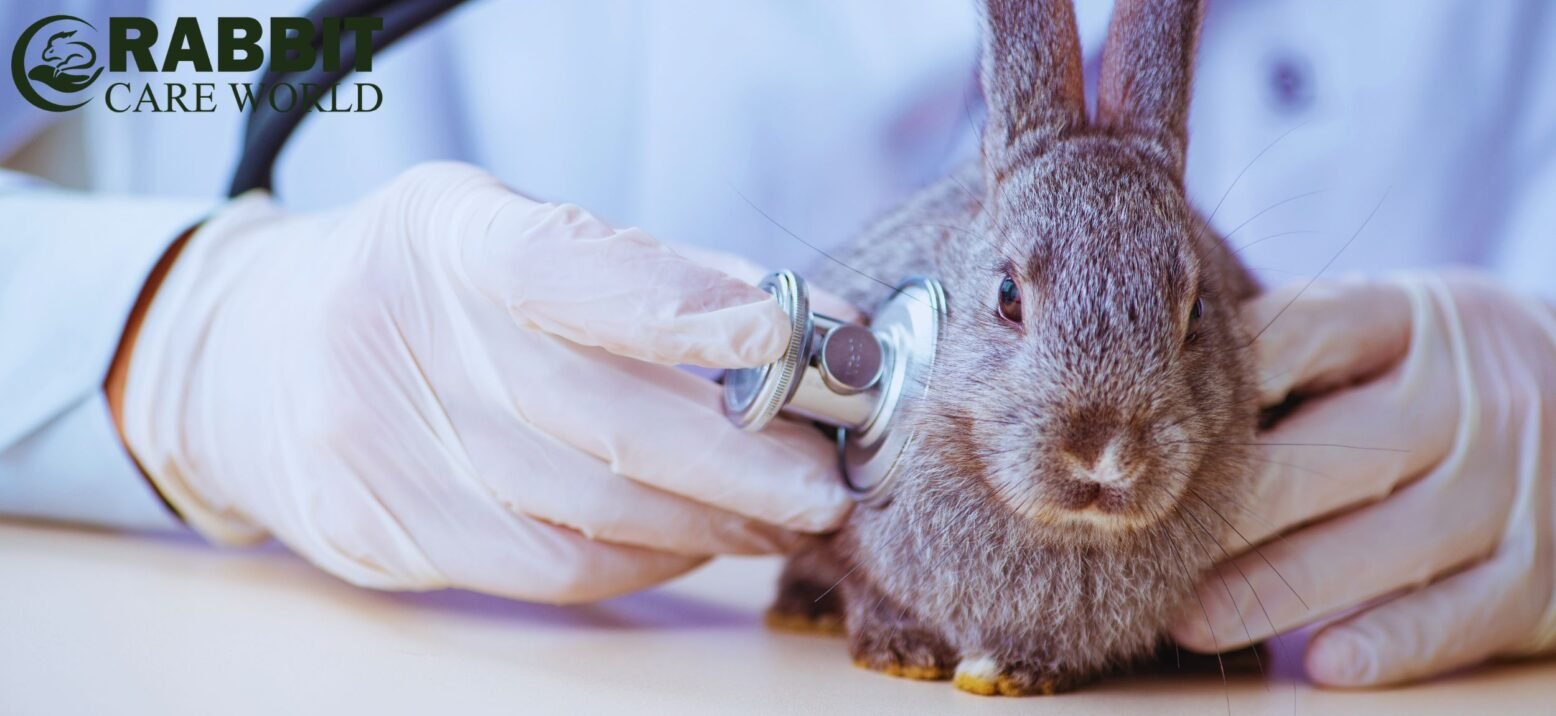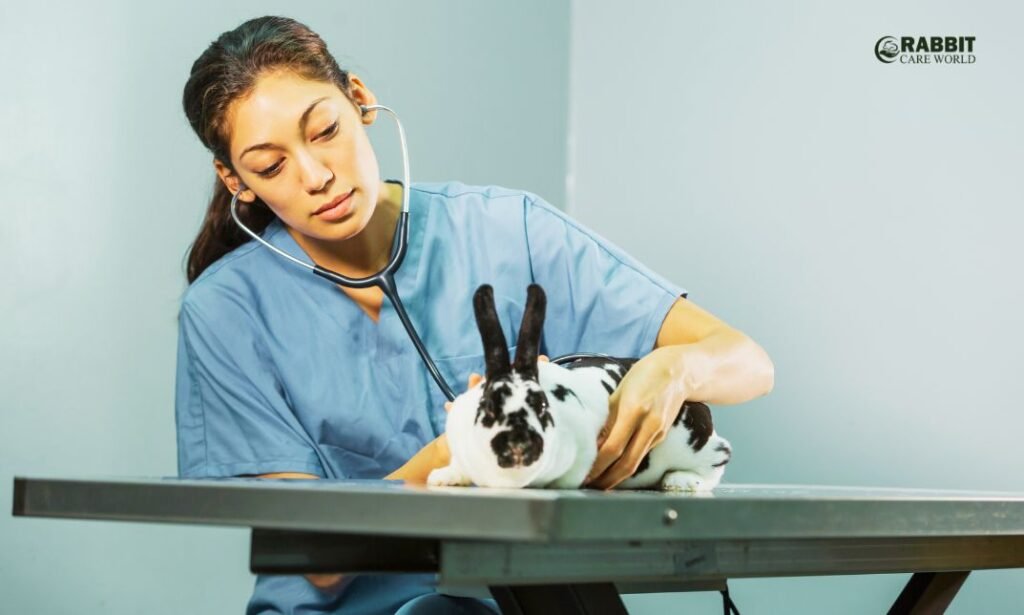Keeping a rabbit healthy and happy is easier than you might think. Rabbits are lovable pets that need proper care to thrive.
Understanding how to keep a rabbit healthy and happy, along with their specific needs, will ensure they live a joyful and fulfilling life. Rabbits are more than just cute and fluffy creatures. They require attention, proper nutrition, and a safe environment. Providing for their basic needs helps them stay healthy. But, to make them truly happy, you need to understand their behavior and preferences.
This guide will show you how to keep your rabbit in the best of health and spirits. From diet to playtime, we will cover all aspects to ensure your furry friend lives a contented life. Whether you are a new rabbit owner or looking to improve your care routine, these tips will be invaluable.
Table of Contents
ToggleDiet And Nutrition

A rabbit needs a balanced diet to stay healthy. Hay is important for rabbit digestion. Fresh hay should be available all the time. Pellets provide essential nutrients but in small amounts. Too many pellets can cause health issues. Fresh water should always be available. Change water daily to keep it clean. Leafy greens are also good. They should be fresh and washed.
Rabbits love to eat vegetables and fruits. Carrots and broccoli are safe for them. Apples and bananas can be given as treats. Leafy greens like spinach and kale are good. Always wash them before feeding. Avoid giving too much fruit. Too much sugar is not good for rabbits. Introduce new foods slowly. Watch for any signs of stomach problems.
Housing And Environment
Rabbits need a clean, spacious living area to stay healthy and happy. Provide fresh hay, water, and safe toys for stimulation. Regular vet visits and a balanced diet ensure their well-being.
Comfortable Living Space
A comfortable living space is crucial for your rabbit. Ensure the cage is spacious. Rabbits need room to hop and play. Soft bedding is important for comfort. Change it regularly to keep it clean. A hiding spot helps them feel safe. Use a cardboard box or a small house. Keep the cage in a quiet area. Avoid loud noises and sudden movements.
Temperature Control
Rabbits need a stable temperature. Extreme heat can be dangerous. Ensure the living space is cool in summer. Use a fan or air conditioning if needed. In winter, keep the area warm. Avoid drafts and cold spots. A blanket can help keep them warm. Always check the temperature to ensure it’s safe for your rabbit.
Exercise And Play
Rabbits need daily exercise to stay healthy. They love to hop and run. A safe space is important. A large pen or rabbit-proof room works well. Let them explore and stretch their legs. This helps keep them fit and happy. Exercise also helps their digestion. Make sure they get at least an hour of playtime. This will make them strong and active.
Interactive toys keep rabbits entertained. They love toys they can chew. Cardboard tubes and wooden blocks are great. Toys with treats inside are fun. These toys make them think and move. They also prevent boredom. Rotate toys to keep things interesting. This keeps them curious and excited. Happy rabbits are healthy rabbits.
Grooming And Hygiene
Regular brushing helps remove loose fur. It prevents furballs in rabbits. Use a soft brush. Brush your rabbit at least once a week. Long-haired rabbits need daily brushing. Brushing keeps their coat clean and shiny. It also reduces shedding. This keeps their environment cleaner.
Trim your rabbit’s nails every month. Long nails can hurt them. Use small animal nail clippers. Be careful not to cut the quick. The quick is the pink part inside the nail. It can bleed if cut. Have styptic powder ready. It stops bleeding quickly.
Health Check-ups

Regular health check-ups keep your rabbit healthy and happy. Monitor their diet, exercise, and grooming needs. Consult a vet for any concerns.
Routine Vet Visits
A rabbit needs regular vet visits. The vet checks for any health issues. It is important to visit at least once a year. This helps to catch problems early. Regular visits keep your rabbit healthy and happy.
Common Health Issues
Rabbits can face several health issues. Dental problems are common. Watch for overgrown teeth. Another issue is gastrointestinal stasis. This happens if the rabbit’s digestive system slows down. Also, check for ear mites and fur mites. These can cause itching and discomfort. Regular grooming helps prevent these issues.
Social Interaction
Rabbits need social interaction to stay healthy and happy. Spend time playing with and talking to your rabbit daily. This helps build trust and reduces loneliness.
Bonding With Your Rabbit
Spend time with your rabbit each day. Gentle petting helps them feel safe. Talk softly to build trust. Offer treats as rewards for good behavior. Patience is key. Let the rabbit come to you.
Rabbit Companionship
Rabbits need friends. Consider adopting two rabbits. They keep each other company. Make sure they get along. Introduce them slowly. Separate if they fight. Watch for signs of bonding.
Training And Behavior
Rabbits can be trained to use a litter box. Start by placing a box where your rabbit usually goes. Use a box with low sides for easy access. Add some hay to make it inviting. Praise your rabbit when it uses the box. Clean the box daily to keep it fresh. Never punish mistakes; it can cause stress. With patience, your rabbit will learn quickly.
Aggression in rabbits can be due to fear or pain. Stay calm and avoid sudden moves. Speak softly to soothe your rabbit. Offer treats to build trust. If aggression persists, consult a vet. There might be an underlying issue. Socialize your rabbit slowly with other pets. Always supervise interactions. A safe environment helps reduce aggression.
Mental Stimulation
Rabbits need mental activities to stay happy. Enrichment activities keep their minds sharp. Toys like tunnels and chew toys are great. Try hiding treats for them to find. This makes them think and explore.

Puzzle feeders are another good option. These feeders make rabbits work for their food. It keeps them busy and engaged. Fill a puzzle feeder with small treats. Watch your rabbit have fun solving it.
FAQs About How to Keep a Rabbit Healthy And Happy
What Should Rabbits Eat Daily?
Rabbits need hay, fresh veggies, and a little fruit daily. Always provide fresh water.
How Often Should I Clean A Rabbit’s Cage?
Clean your rabbit’s cage weekly. Remove waste and refresh bedding daily to keep it tidy.
Can Rabbits Live Alone Or Need A Companion?
Rabbits are social animals. They prefer company. Consider adopting a pair for their happiness.
How Much Exercise Do Rabbits Need?
Rabbits need at least 3-4 hours of exercise daily. Provide space to hop and explore.
How To Spot If A Rabbit Is Sick?
Look for signs like lethargy, loss of appetite, or unusual droppings. Consult a vet immediately.
Wrapping Up: How to Keep a Rabbit Healthy and Happy
Keeping your rabbit healthy and happy requires attention and care. Ensure a balanced diet with fresh vegetables and clean water. Provide a safe, spacious living area for exercise and play. Regular vet visits prevent health issues. Spend quality time daily to bond and observe behavior.
Keep their environment clean to avoid diseases. These simple steps ensure a joyful, thriving rabbit. Enjoy the rewarding experience of a healthy, happy bunny.



